41 blood cell labled
Diagram of Human Heart and Blood Circulation in It Four Chambers of the Heart and Blood Circulation. The shape of the human heart is like an upside-down pear, weighing between 7-15 ounces, and is little larger than the size of the fist. It is located between the lungs, in the middle of the chest, behind and slightly to the left of the breast bone. The heart, one of the most significant organs ... Structure and Function of Blood | Biology for Majors II - Lumen Learning Red Blood Cells. Red blood cells, or erythrocytes (erythro- = "red"; -cyte = "cell"), are specialized cells that circulate through the body delivering oxygen to cells; they are formed from stem cells in the bone marrow. In mammals, red blood cells are small biconcave cells that at maturity do not contain a nucleus or mitochondria and are only 7-8 µm in size.
Blood (Anatomy): Function, Components, Types... | Biology Dictionary Blood is the body fluid in humans and other animals that delivers the essential materials for life to the body's cells. It has sometimes been called a fluid "tissue," because like solid tissues it contains several types of cells which perform complex functions for the human body.

Blood cell labled
National Center for Biotechnology Information National Center for Biotechnology Information Blood Cells- Definition and Types with Structure and Functions Blood cells, also known as hematocytes, hemocytes, or hematopoietic cells, are cells produced mostly in the blood and are synthesized primarily in the red bone marrow. Blood cells make up about 45% of the blood volume, while the rest (55%) is occupied by blood plasma. Red Blood Cells: Function and Structure - ThoughtCo Updated on July 28, 2019. Red blood cells, also called erythrocytes, are the most abundant cell type in the blood. Other major blood components include plasma, white blood cells, and platelets. The primary function of red blood cells is to transport oxygen to body cells and deliver carbon dioxide to the lungs. A red blood cell has what is known ...
Blood cell labled. Labeled Cell - an overview | ScienceDirect Topics Red blood cells labeled with 99m Tc are used to image gastrointestinal bleeding. For this, dynamic planar images with a frame rate of 1 frame per 60 s are used to identify the bleeding source. Planar imaging is also frequently used for ventilation-perfusion (V/Q) scan of lungs to investigate pulmonary embolism using 133 Xe gas or 99m Tc-DTPA ... Leukopenia: Types, Symptoms, Causes, Treatment & More - Healthline Leukopenia is a low white blood cell count. It doesn't always cause symptoms, but it can lead to serious complications. If you're at risk for leukopenia, a doctor will regularly monitor your ... Components of blood (article) | Khan Academy Red blood cells, or erythrocytes, are specialized cells that circulate through the body and deliver oxygen to tissues. In humans, red blood cells are small and biconcave (thinnest in the center, just 7 7 - 8 8 \text {μm} μm in size), and do not contain mitochondria or a nucleus when mature. PDF Human Cell Diagram, Parts, Pictures, Structure and Functions The red blood cells possess a protein known as hemoglobin that binds and transports oxygen from lungs to other body parts. Therefore, hemoglobin is critical for survival and normal body functioning. Any defect in the gene coding for this oxygen-carrier protein may disrupt all vital body functions and present a spectrum of life-threatening ...
Blood cells - The circulatory system in humans - BBC Bitesize The blood is the transport medium - it carries substances to all cells in the body and removes waste. It consists of four main components: red blood cells white blood cells platelets plasma... Indium-111 WBC scan - Wikipedia The indium white blood cell scan is a nuclear medicine procedure in which white blood cells (mostly neutrophils) are removed from the patient, tagged with the radioisotope Indium -111, and then injected intravenously into the patient. The tagged leukocytes subsequently localize to areas of relatively new infection. Chapter 2. Blood Lab - Anatomy and Physiology 2 Laboratory Manual Blood type refers to the presence or absence of specific molecules, called antigens, on the red blood cell (RBC) RBC surface. Antigens are molecules, such as proteins, lipids, carbohydrates or nucleic acids, that your body can use to differentiate self and non-self. People with different blood types have different antigens on their RBCs. Identifying Blood Cells Flashcards | Quizlet Study with Quizlet and memorize flashcards containing terms like Red Blood Cells, Red Blood Cells Platelet White Blood Cell, Sickle Cell Anemia and more. Home. Subjects. Expert solutions. Study sets, textbooks, questions ... Label the three cells seen in the blood smear. Eosinophils. What cell is seen in this electron microscopy image? Eosinophil
Blood cells and its types with functions - Microbiology Info.com Blood is composed of the blood cells which accounts for 45% of the blood tissue by volume, with the remaining 55% of the volume composed of plasma, the liquid portion of the blood. There are three types of blood cells. They are: Red blood cells (Erythrocytes) White blood cells (Leukocytes) Platelets (Thrombocytes) 1. Red Blood Cells (Erythrocytes) Human Anatomy: Blood - Cells, Plasma, Circulation, and More - WebMD The major blood types (A, B, AB, and O) are determined by the protein markers (antigens) present on the surface of red blood cells. Coombs test: A blood test looking for antibodies that... Blood Histology Slides with Description and Labeled Diagram The cells of the blood are three major types - erythrocytes (Red Blood Cells), leukocytes (White Blood Cells), and Platelets (Thrombocytes). In the blood histology slide (smear), all of the cells mentioned earlier with their useful identifying features. Blood cell - Wikipedia A blood cell, also called a hematopoietic cell, hemocyte, or hematocyte, is a cell produced through hematopoiesis and found mainly in the blood. Major types of blood cells include red blood cells (erythrocytes), white blood cells (leukocytes), and platelets (thrombocytes).
White Blood Cells Scan | Imaging Institute - Cleveland Clinic A labeled WBC scan is used for detection of abscesses and infection in soft tissues, skeleton, or fever of unknown origin. Cleveland Clinic is a non-profit academic medical center. Advertising on our site helps support our mission. We do not endorse non-Cleveland Clinic products or services. Policy How should I prepare for a labeled WBC scan?
Blood Vessels: Types, Anatomy, Function & Conditions - Cleveland Clinic Your body contains about 60,000 miles of blood vessels. There are three types of blood vessels: Arteries carry blood away from your heart. Veins carry blood back toward your heart. Capillaries, the smallest blood vessels, connect arteries and veins. Cleveland Clinic is a non-profit academic medical center.
Indium-111 oxine labeled white blood cell scan - Radiopaedia Citation, DOI, disclosures and article data. Indium-111 oxine labeled white blood cell (WBC) scan (or In-111 oxine labeled white blood cell scan) is a nuclear medicine test which attempts to localize infection and/or inflammation by injecting the patient's previously extracted and radioactively-labeled white blood cells .
Radionuclide-labeled red blood cells: current status and future ... Radionuclide-labeled red blood cells: current status and future prospects Abstract Radiolabeling of red cells and their clinical and research application in nuclear medicine constitute an area of continued interest and steady growth during the past two decades.
Red blood cell | Definition, Functions, & Facts | Britannica red blood cell, also called erythrocyte, cellular component of blood, millions of which in the circulation of vertebrates give the blood its characteristic colour and carry oxygen from the lungs to the tissues. The mature human red blood cell is small, round, and biconcave; it appears dumbbell-shaped in profile.
PDF Radiolabeled Red Blood Cells: Method and Mechanisms - University of New ... duration. In-111 labeled red blood cells have been proposed for detection of gastrointestinal bleeding and red blood cell sequestration and survival studies. In-111 oxine is a suitable product for labeling red blood cells as an off-label use. Lipid-soluble complexes of Ga-67 and Ga-68 have also been reported as alternatives to more common
Stock Images, Photos, Vectors, Video, and Music | Shutterstock Stock Images, Photos, Vectors, Video, and Music | Shutterstock
Observing Blood Cells Under the Microscope » Microscope Club The human blood consists of four major components: white blood cells, red blood cells, platelets, and plasma. Before getting into the ins and outs of circulatory systems, though, it might help to get familiar with the terms used when discussing blood. Humans have a closed circulatory system.
Scintigraphy performed with Tc-99m labeled RBCs - Radiopaedia Citation, DOI & article data. Tc-99m labeled RBCs - with radiolabelling technique in vivo or in vitro of red cells 3 - is one of the technetium radiopharmaceuticals used in the non-invasive assessment of gastrointestinal (GI) bleeding 2 , characterized by high sensitivity (93%) and specificity (95%) 4. It is capable, in fact, of targeting ...
Blood Basics - American Society of Hematology Blood is a specialized body fluid. It has four main components: plasma, red blood cells, white blood cells, and platelets. Blood has many different functions, including: transporting oxygen and nutrients to the lungs and tissues forming blood clots to prevent excess blood loss carrying cells and antibodies that fight infection
Blood Cell Images | Kaggle This dataset contains 12,500 augmented images of blood cells (JPEG) with accompanying cell type labels (CSV). There are approximately 3,000 images for each of 4 different cell types grouped into 4 different folders (according to cell type). The cell types are Eosinophil, Lymphocyte, Monocyte, and Neutrophil.
Red Blood Cells: Function and Structure - ThoughtCo Updated on July 28, 2019. Red blood cells, also called erythrocytes, are the most abundant cell type in the blood. Other major blood components include plasma, white blood cells, and platelets. The primary function of red blood cells is to transport oxygen to body cells and deliver carbon dioxide to the lungs. A red blood cell has what is known ...
Blood Cells- Definition and Types with Structure and Functions Blood cells, also known as hematocytes, hemocytes, or hematopoietic cells, are cells produced mostly in the blood and are synthesized primarily in the red bone marrow. Blood cells make up about 45% of the blood volume, while the rest (55%) is occupied by blood plasma.
National Center for Biotechnology Information National Center for Biotechnology Information
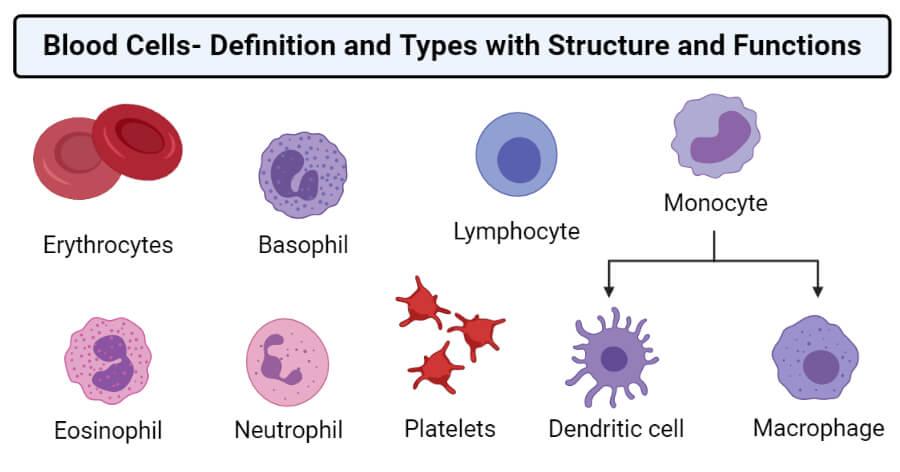

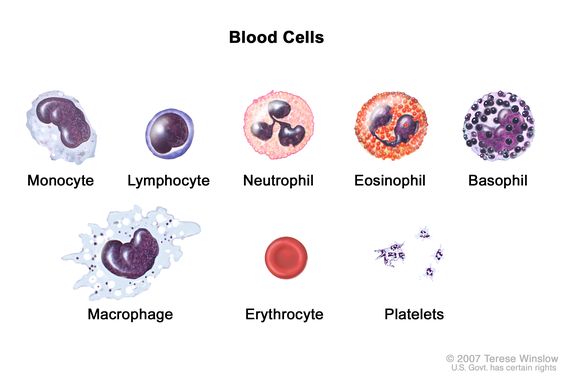
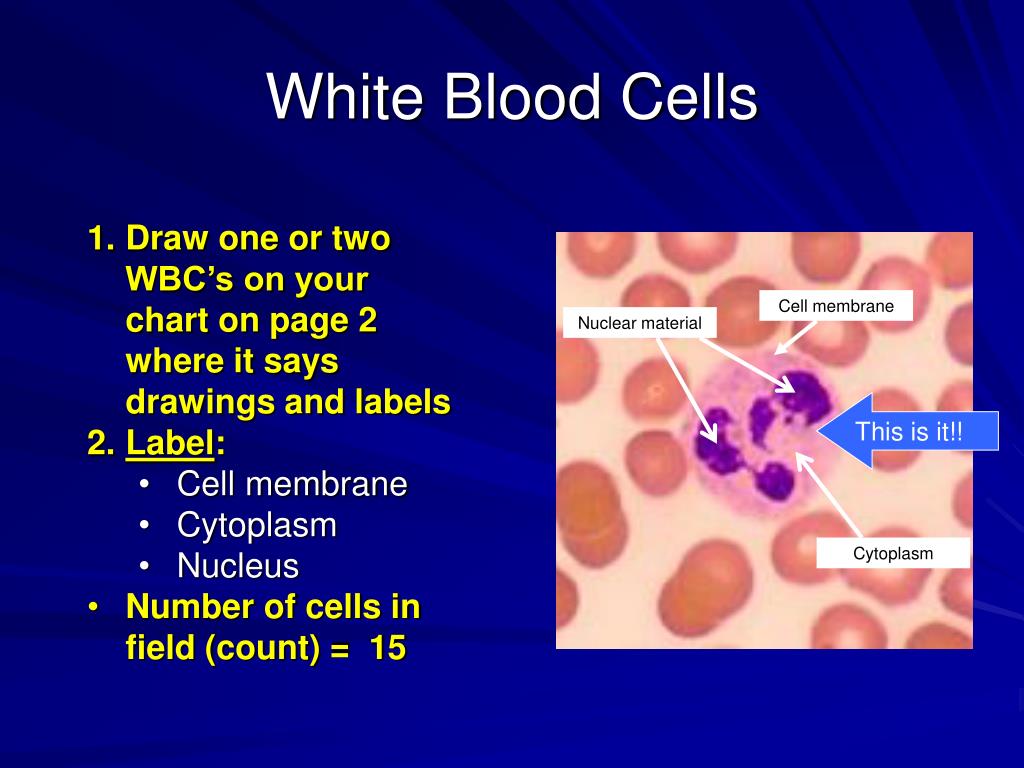




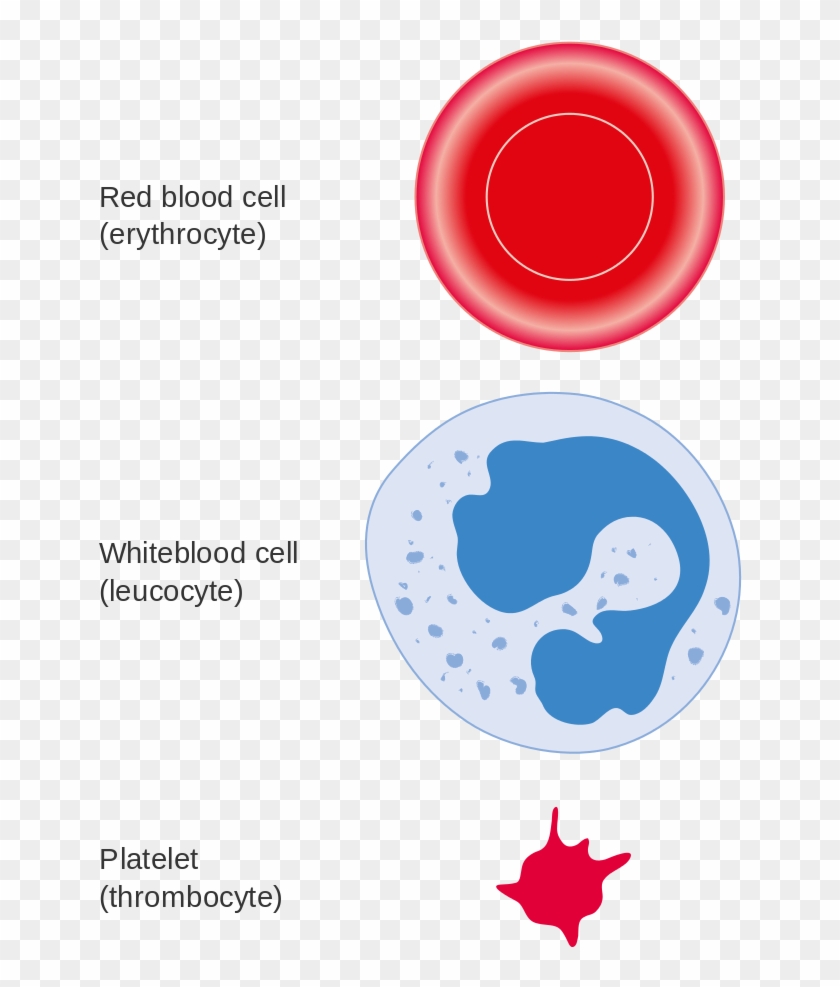

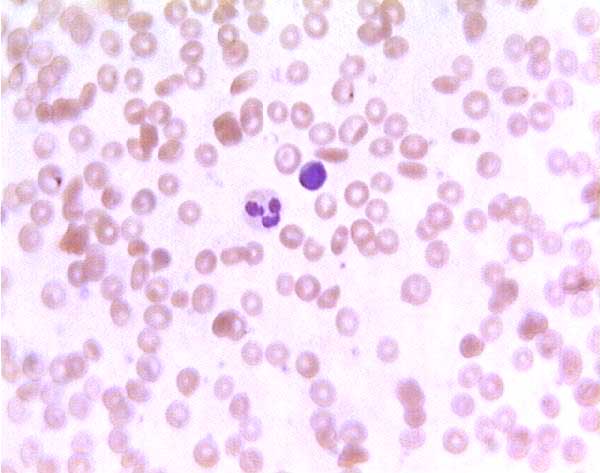


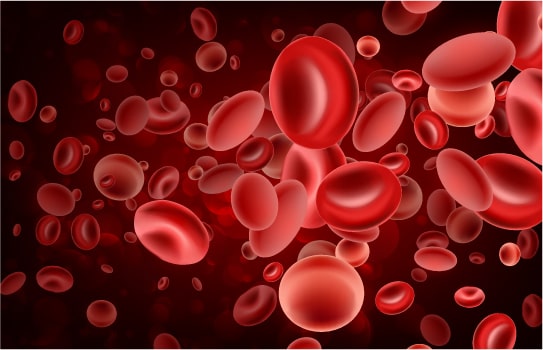
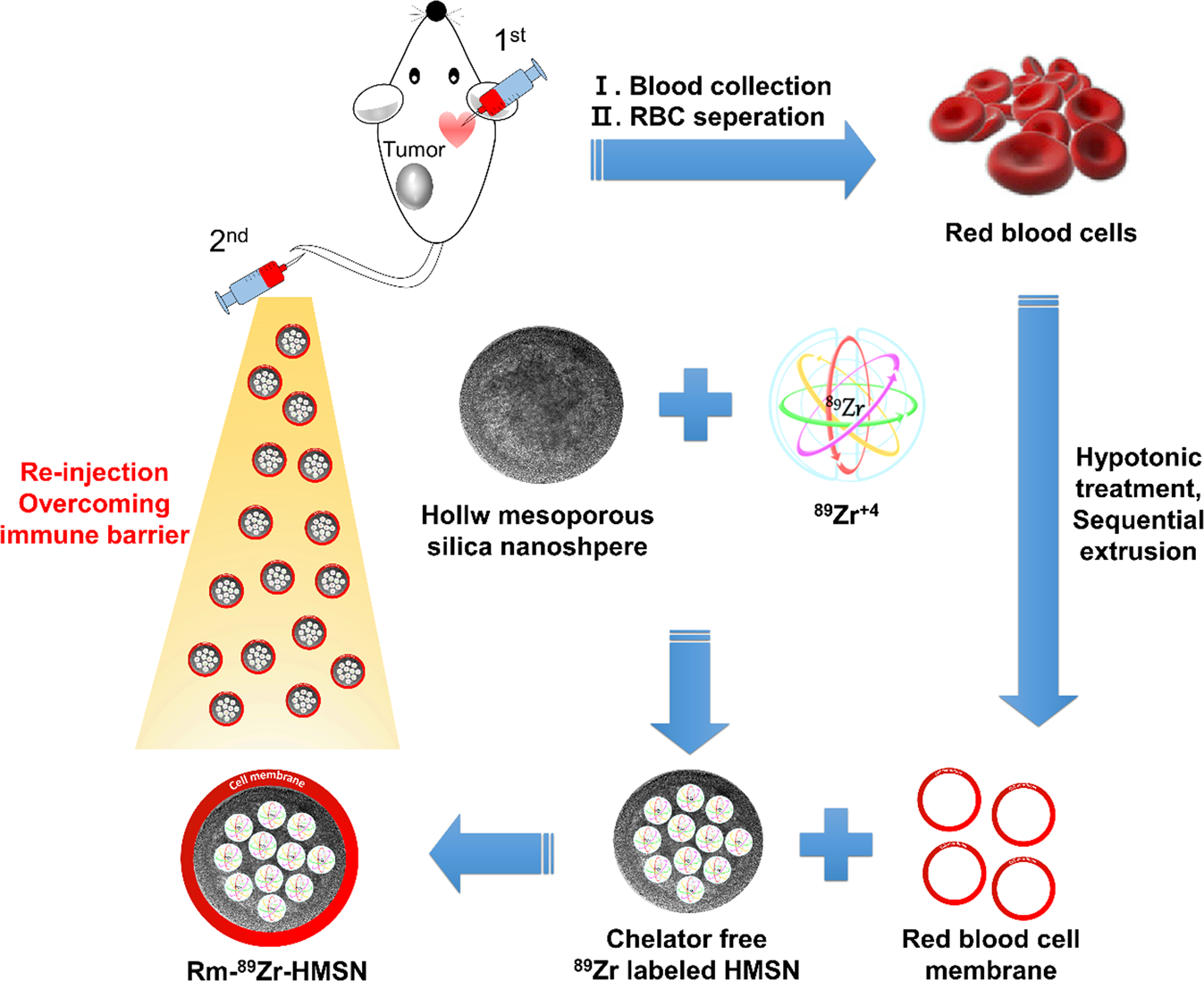



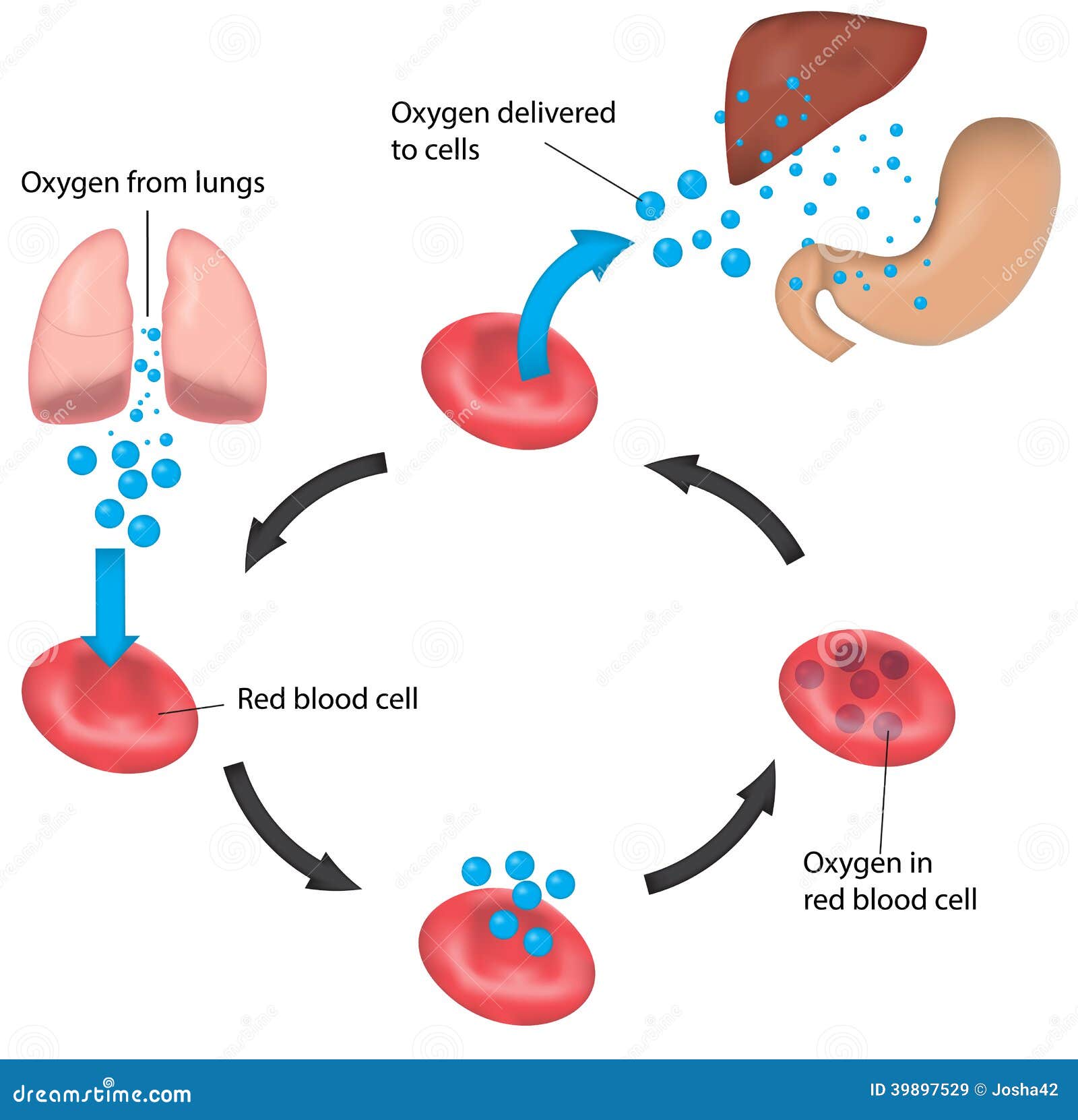
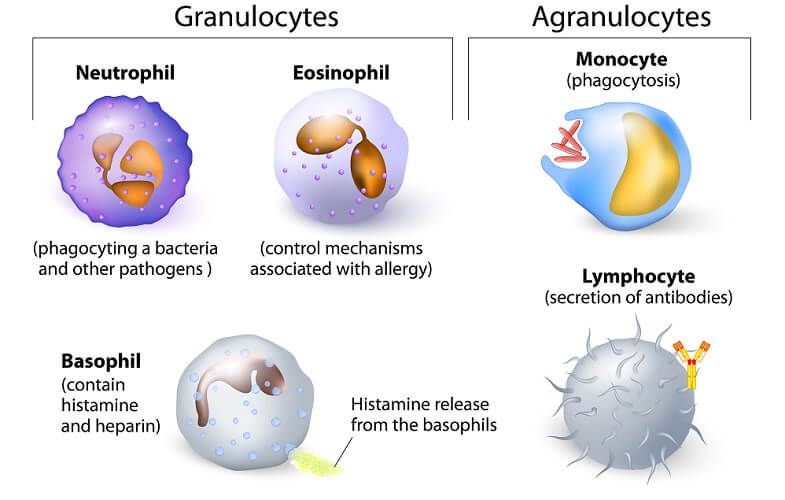







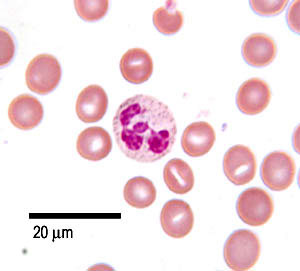
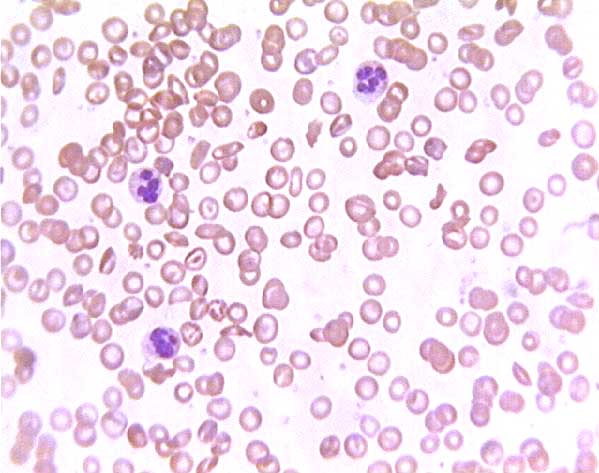
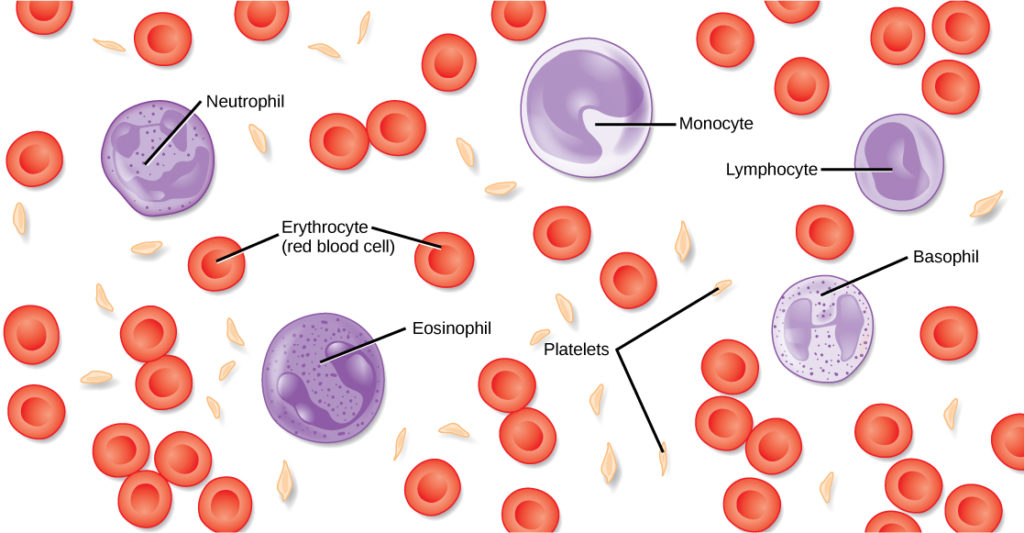


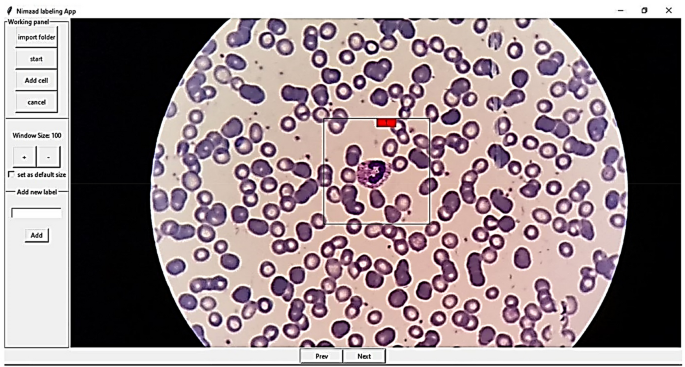
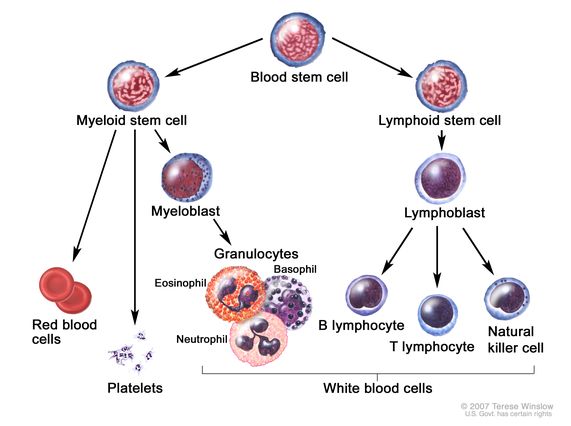
Post a Comment for "41 blood cell labled"